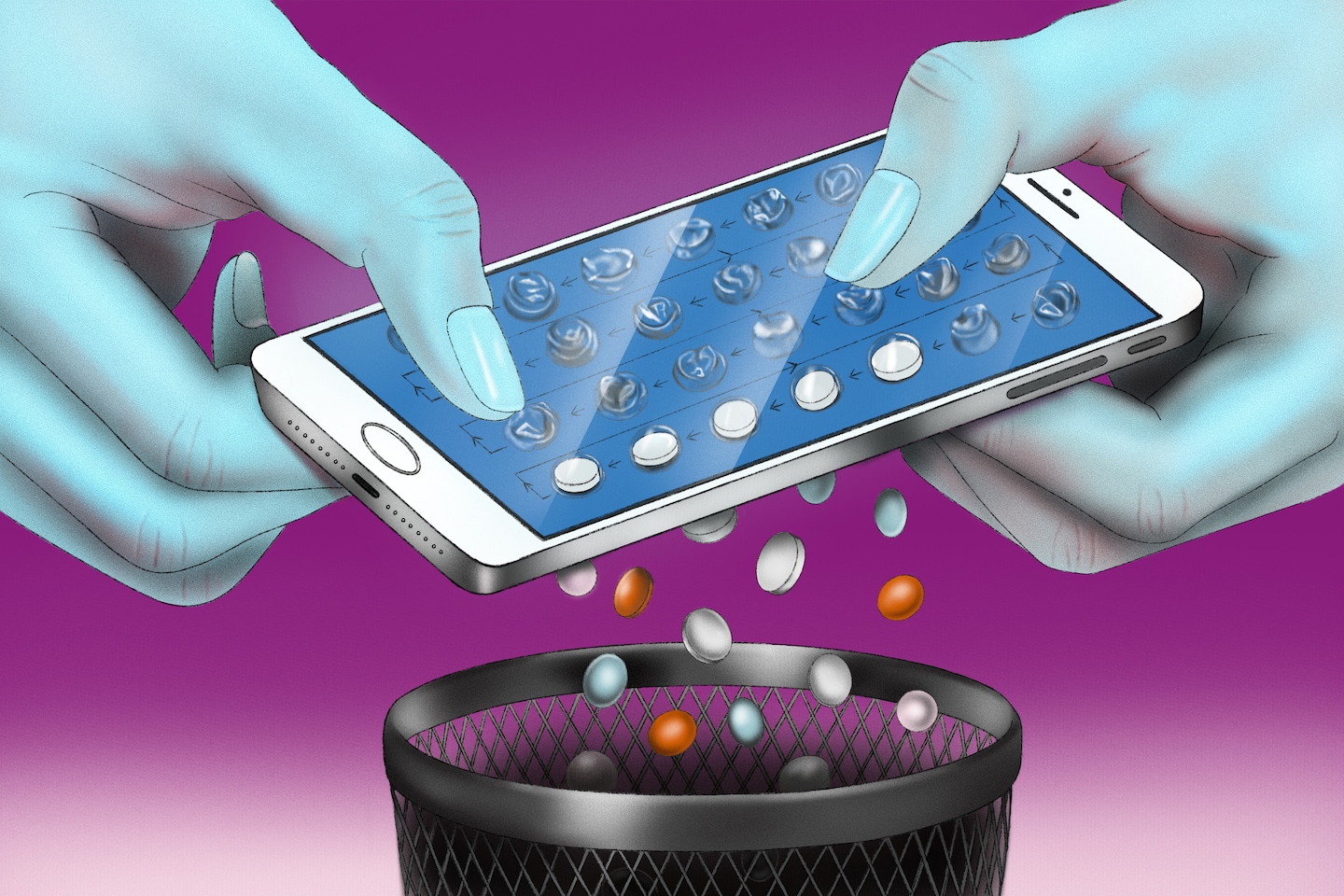Physicians say they’re seeing an explosion of birth-control misinformation online targeting a vulnerable demographic: people in their teens and early 20s who are more likely to believe what they see on their phones because of algorithms that feed them a stream of videos reinforcing messages often divorced from scientific evidence. While doctors say hormonal contraception — which includes birth-control pills and intrauterine devices (IUDs) — is safe and effective, they worry the profession’s long-standing lack of transparency about some of the serious but rare side effects has left many patients seeking information from unqualified online communities.


Some people use both